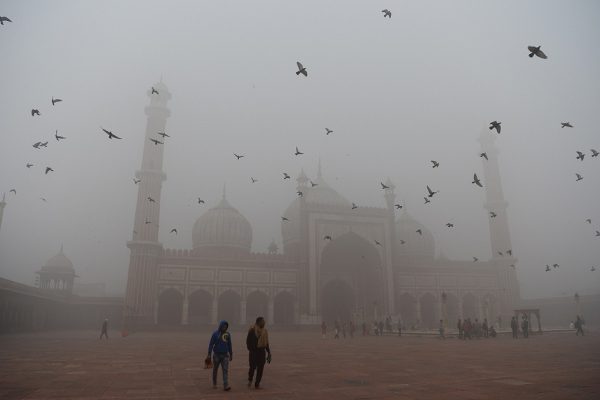
Improving Air Quality in Pakistan: Strategies to Reduce Smog and Industrial Pollution
Air pollution in Pakistan poses severe health, environmental, and economic challenges, particularly in urban areas like Lahore, Karachi, Islamabad, and Peshawar. Major contributors include vehicular emissions, industrial activities, agricultural practices, and urban waste burning. Current initiatives such as the Punjab Clean Air Action Plan, National Electric Vehicle Policy, and air quality monitoring efforts are steps toward mitigating pollution. Lessons from China, the U.S., and Mexico highlight the importance of stringent regulations, clean energy promotion, and public transportation investment. A comprehensive approach involving regulatory reform, public engagement, and technological innovation is needed to improve Pakistan’s air quality.








